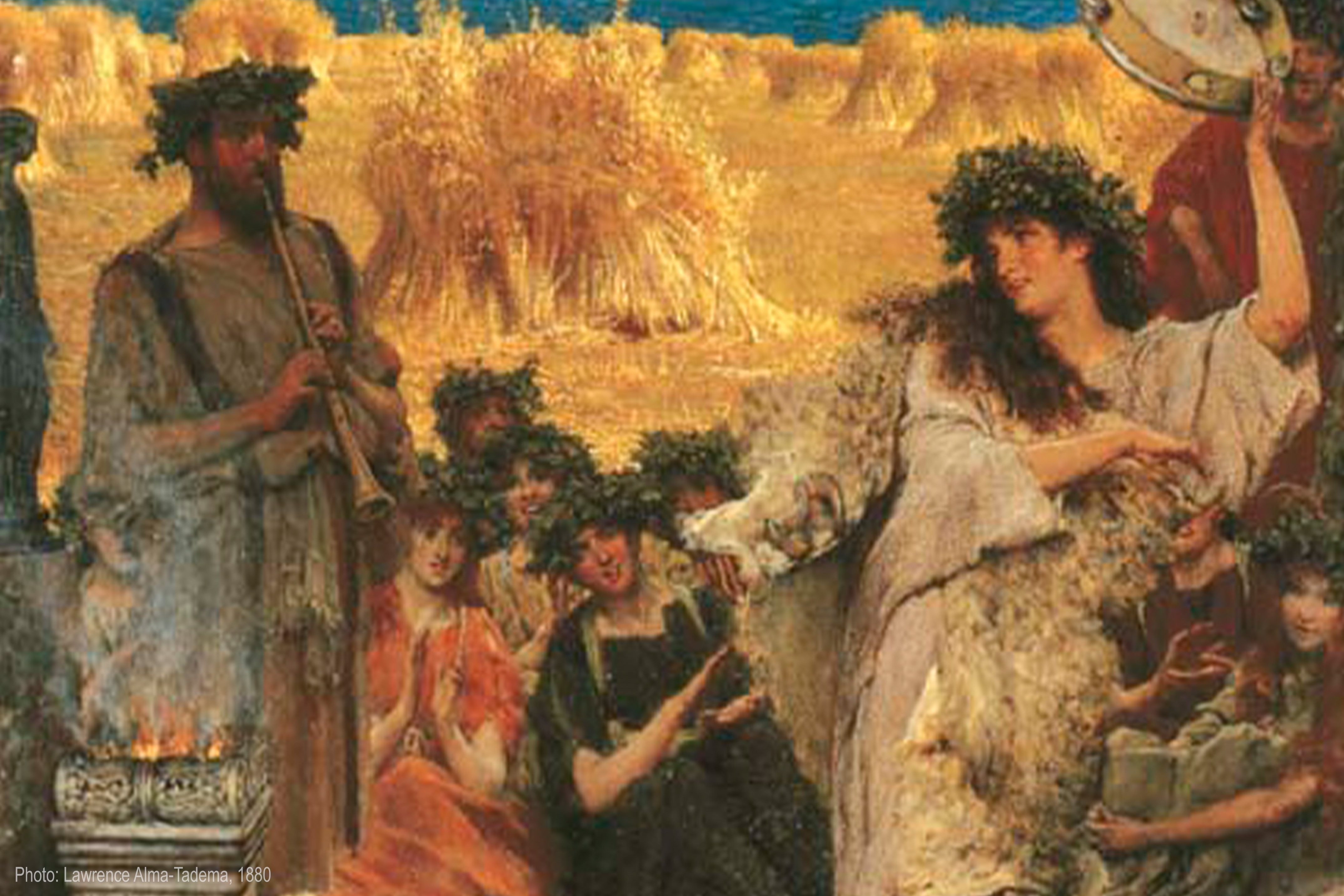Firstfruits: Giving God Our BestSample


Bikkurim: Giving God Our Best
Seven weeks after the first day of Passover, the Bible commands us to celebrate the holiday of Shavuot. Appropriately, Shavuot means “weeks,” marking seven weeks between the two holidays. In Greek and Latin, this festival was known as Pentecost, meaning “50 days,” again accounting for the passage of time between Passover and Shavuot.
The Bible has another name for this holiday, which may be more helpful to us. It is also called the “Festival of Harvest,” and on it, we are required to offer God our firstfruits, in Hebrew, bikkurim.
Judaism’s Oral Tradition provides us with a beautiful description of bringing the bikkurim, the firstfruits. When an Israelite saw the first emergence of one of the seven species of the land—wheat, barley, grapes, figs, pomegranate, olives, or dates—he was to tie a string around it, designating it as his firstfruits. During Shavuot, these firstfruits of the land would be presented to God at the Holy Temple in Jerusalem.
When the pilgrims arrived at the foothills of Jerusalem, they would adorn their fruit and baskets. A musician playing the flute would lead the procession and accompany the pilgrims to the Temple.
Upon reaching the Temple, the firstfruits would be given to the priests. Scripture would be read, noting the difficulties the Israelites encountered before settling in the land of Israel. The ceremony would conclude with giving thanks for the land and the fruit of the land. After the fruit was offered, there was much rejoicing and feasting before returning home.
This elaborate and ancient ceremony has much to teach us today about gratitude and giving back to God from the gifts that He has blessed and bestowed upon us throughout each year. However, since the destruction of the Temple, we can no longer observe this ritual as it once was. Instead, we are to extrapolate lessons from this sacred act and integrate these teachings into our everyday lives.
Scripture
About this Plan

Bikkurim, or “firstfruits,” is a term familiar to both Jews and Christians. It conjures up sentiments such as gratitude, giving back to God, and celebrating the abundant gifts that He has bestowed upon us. In this reading plan, we will explore the origins of the bikkurim and discover the source of the firstfruits tradition. Most importantly, we will learn how this ancient practice still applies to our lives today.
More
We would like to thank International Fellowship of Christians and Jews for providing this plan. For more information, please visit: https://ifcj.org
Related Plans

Refresh Your Soul - Whole Bible in 2 Years (6 of 8)

A Spirit Filled Moment

Biblical Marriage

The Heart Work

Be Good to Your Body

Unwrapping Christmas

A Spirit-Filled Moment: Encountering the Presence of God

Christian Forgiveness

LIVING LETTERS: Showing JESUS Through Your Life
